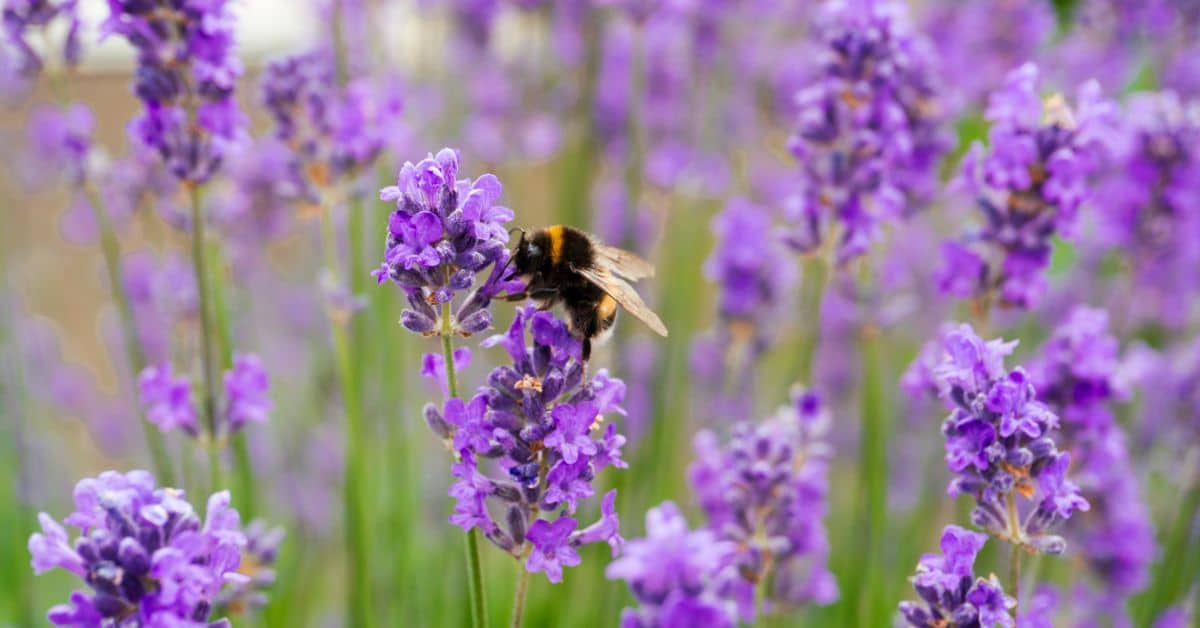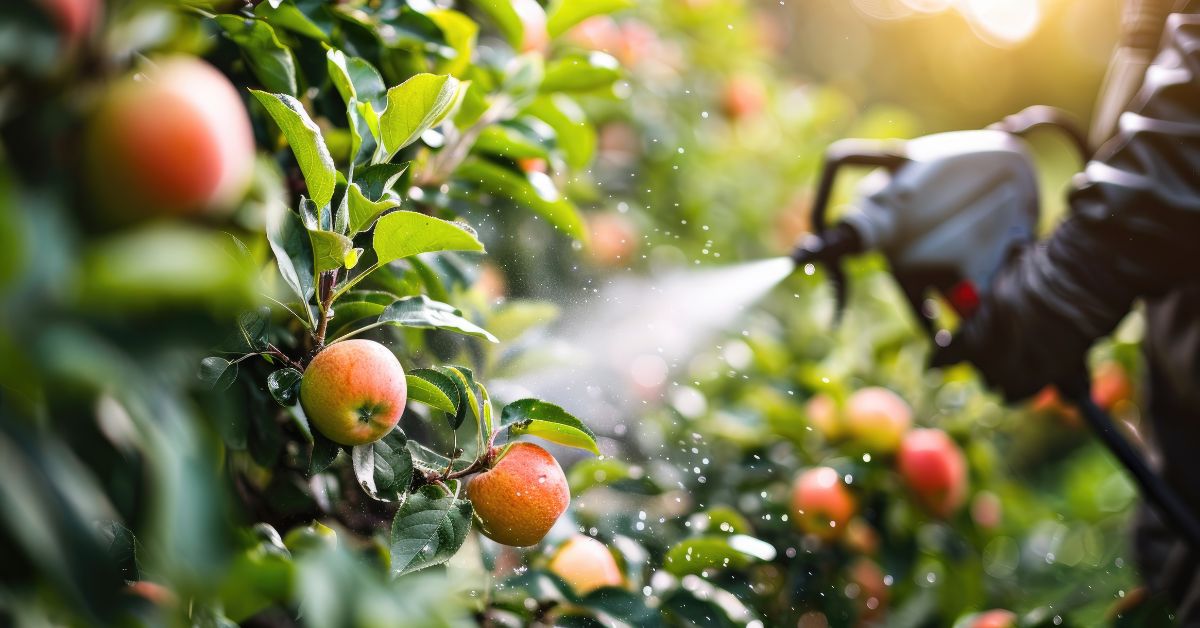
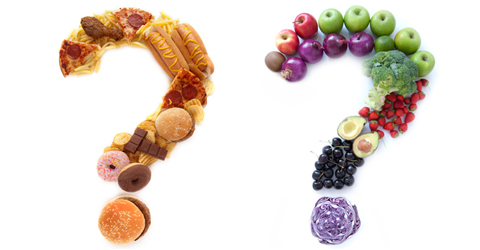
More people are choosing every day to adopt a plant-based lifestyle for a variety of reasons ranging from concerns about their health to protecting the environment. For those just starting out however, it can be overwhelming to process all the information about what we’re supposed to eat. To help make things a little easier, we have further defined the following three food groups:
- Whole, unrefined, plant-based foods
- Animal-based foods
- Processed plant-fragments
For optimal nutrition we advocate eating from the whole, unrefined, plant-based foods category.
“One of the most fortunate findings from the mountain of nutritional research I’ve encountered is that good food and good health is simple. The biology of the relationship of food and health is exceptionally complex, but the message is still simple. The recommendations coming from the published literature are so simple that I can state them in one sentence: eat a whole foods, plant-based diet, while minimizing the consumption of refined foods, added salt and added fats.”—Drs. T. Colin & Tom Campbell, The China Study
What Are Whole, Unrefined, Plant-Based Foods?
Plant-based, whole foods come from plants including vegetables, fruit, grains, legumes, mushrooms, nuts, seeds, tubers, etc.
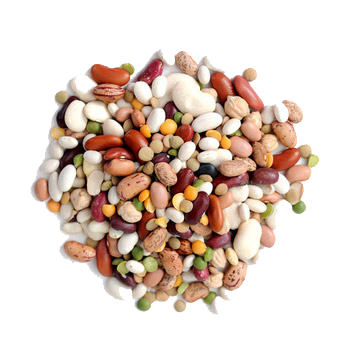
|
Legumesnavy beans, peas, lentils, etc. |
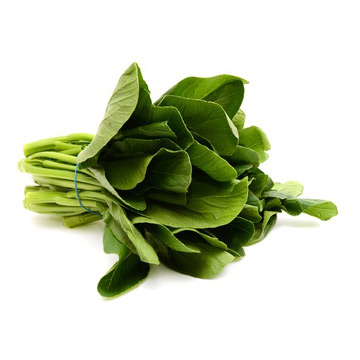
|
Leaveslettuce, spinach, arugula, etc. |
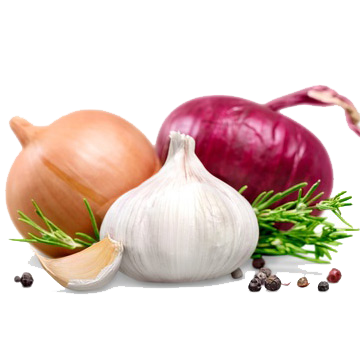
|
Bulbsonion, garlic, shallots, etc. |
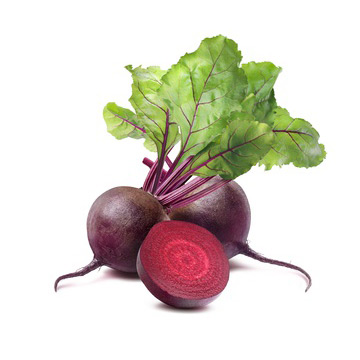
|
Rootsbeet, potato, carrot, etc. |
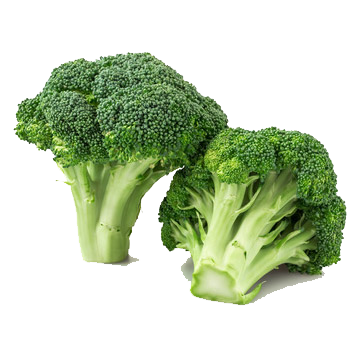
|
Flowerscauliflower, broccoli, etc. |
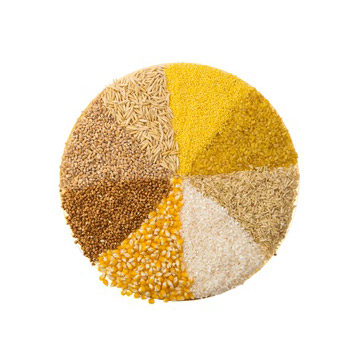
|
Whole Grainswheat, brown rice, rye, etc. |
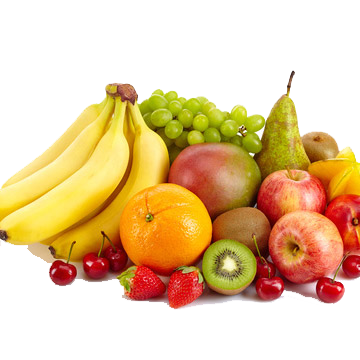
|
Fruitstomato, orange, kiwi, etc. |
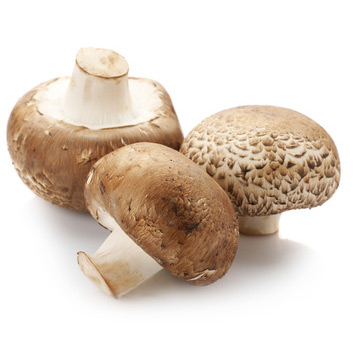
|
Mushroomsportobello, button, shiitake, etc. |
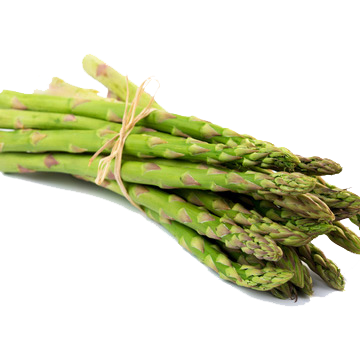
|
Stemscelery, rhubarb, asparagus, etc. |
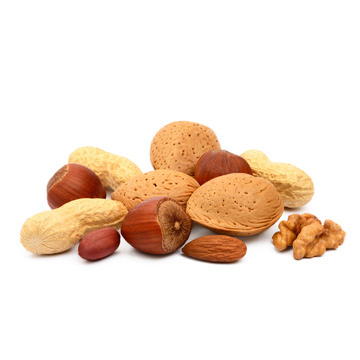
|
Nutsalmonds, walnuts, sunflower seeds, etc. |
What Are Animal-Based Foods?
Animal-based foods include all types of meat such as beef, pork, lamb, fish, and chicken. They also include eggs and all dairy products.

|
Dairycheese, milk, yogurt, butter, etc. |

|
Eggschicken eggs, duck eggs, etc. |
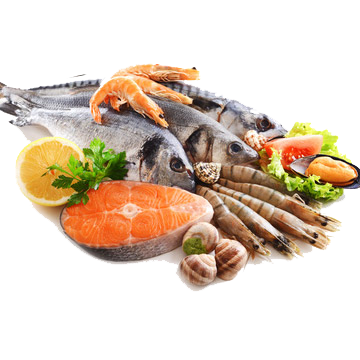
|
Fish & Seafoodtuna, swordfish, shrimp, scallops, clams, etc. |
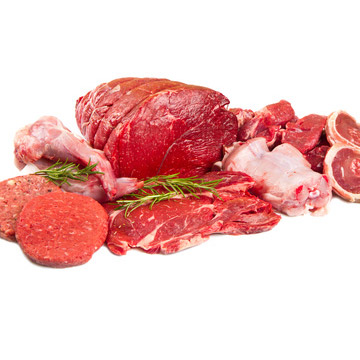
|
Meatbeef, pork, lard, etc. |

|
Poultrychicken, turkey, quail, duck, etc. |
What Are Processed Plant Fragments?
What does it mean to process plants into fragments? In order to isolate components of the original plant, mechanical and/or chemical processes are used to extract and treat nutritional components, such as removing oil, extracting fiber, or bleaching. Many processed plant fragments are overwhelmingly comprised of fat and heavily refined carbohydrates. To enhance their addictive nature, their shelf-life, or their visual appeal, these foods rely on artificial ingredients such as preservatives and colors or flavors. They are usually very low in nutrients as they are lacking their original fiber, vitamins, and minerals. However, there are different degrees of processing. Oils and sugar for example are highly processed foods while whole grain pasta is minimally processed.
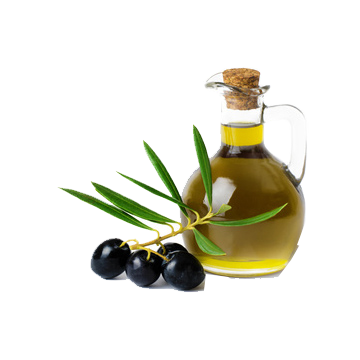
|
Plant Fragmentssugar, oil, refined flours |

|
Plant-Based Processed Foodspotato chips, oreos, etc. |
A Special Note About Oil
Oil, even the finest olive oil, is 100% fat, calorically-dense and nutrient-poor. Oil injures the endothelium, the innermost lining of the artery, and that injury is the gateway to vascular disease. For those with known heart disease, even adding a little oil can have a negative impact on heart health.
Read Ingredient Labels Carefully
If purchasing a pre-packaged food product, be sure to carefully read what is in the package, box, or can. Note that product ingredients are listed in descending order, with the greatest amount by weight listed first. Purchase products with just a few recognizable plant-based ingredients. The less processed the better. Avoid added sweeteners and additives including oils and fats.
Go for green, use caution with orange and stay away from red.
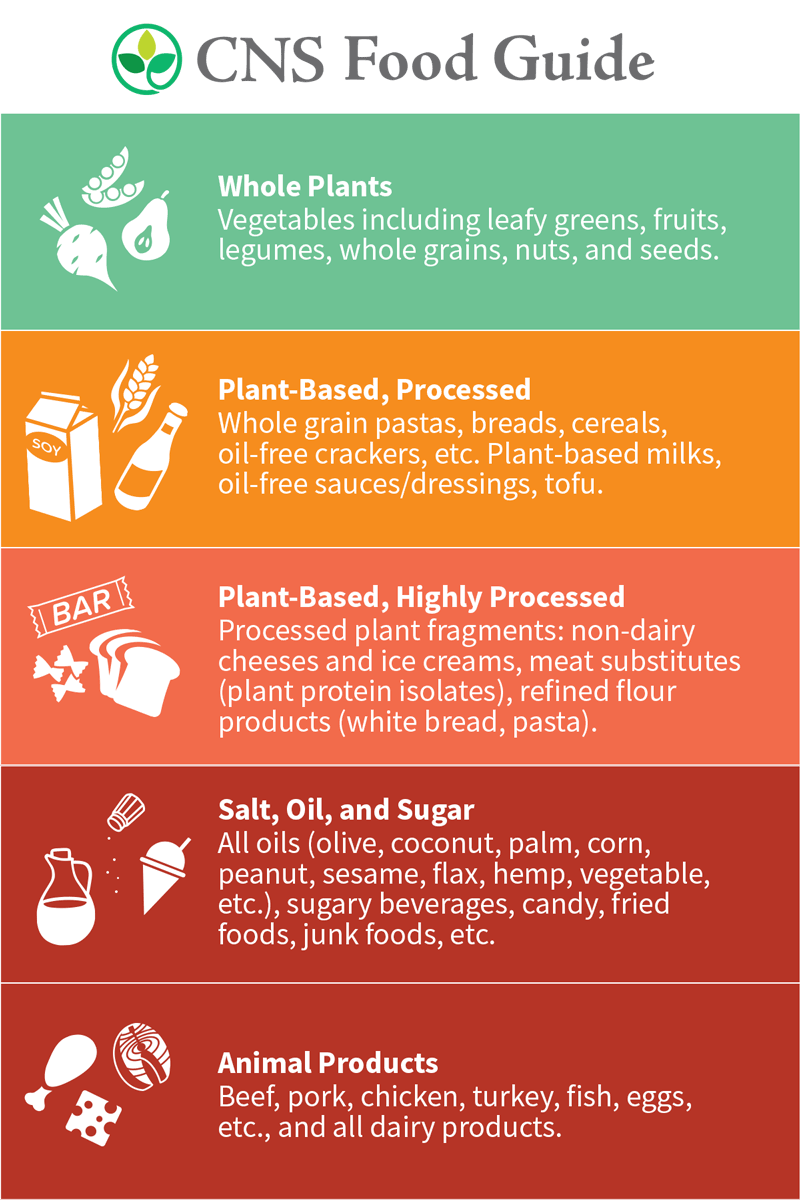
Continue the Exploration
For further information regarding a whole food, plant-based diet check out our Whole Food, Plant-Based Diet Guide
Copyright 2025 Center for Nutrition Studies. All rights reserved.
Deepen Your Knowledge With Our
Plant-Based Nutrition
Certificate
Plant-Based Nutrition Certificate
- 23,000+ students
- 100% online, learn at your own pace
- No prerequisites
- Continuing education credits




